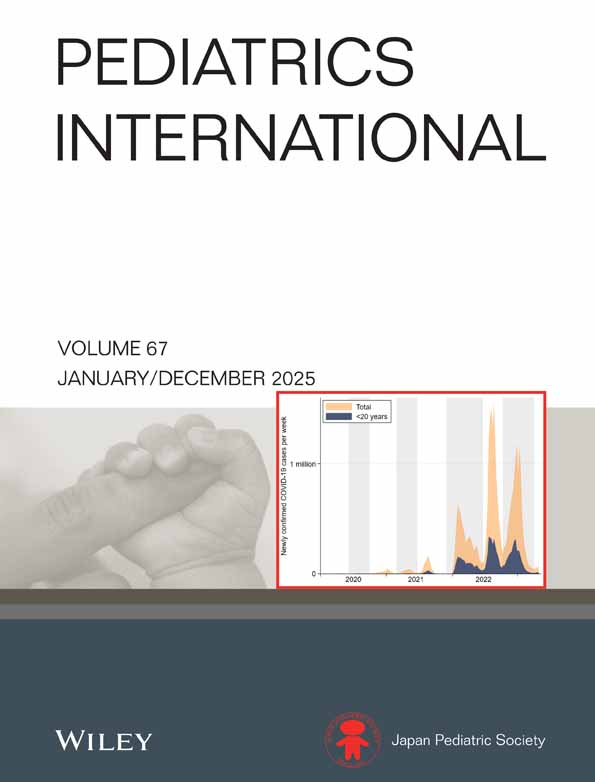Persistent chorea following cardiac surgery for congenital heart disease
Abstract
We describe a 6 year old girl with chorea following cardiac surgery, the first such report in Japan. The radical operation for total anomalous pulmonary venous return was carried out at the age of 11 months under hypothermia. Seven days after the operation, a sudden onset of irritability, dysphagia, chorea, generalized hypotonia, and complete external ophthalmoplegia were seen. These symptoms diminished gradually, but chorea remained. We speculated that the cause of chorea arose from the cardiac surgery under hypothermia. It is necessary to consider ‘cardiac surgery’ as one of the triggers of certain movement disorders including chorea. We tried treatment with haloperidol, pimozide, and several other drugs; only pimozide was effective in decreasing chorea without any side-effects.




